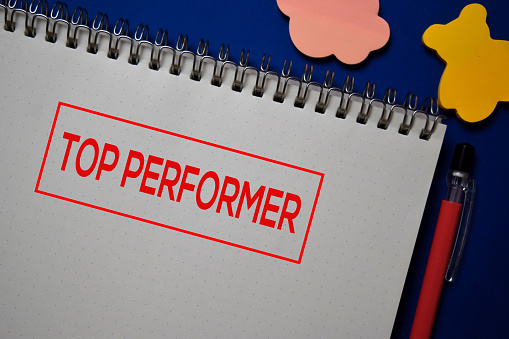Human Resources (HR) and line managers play distinct but complementary roles in managing employee performance in organizations. While HR is responsible for creating and implementing policies, procedures, and systems that support performance management, line managers are the primary drivers of performance management at the front line. Line managers are responsible for managing their teams, setting performance expectations, and coaching and developing employees to achieve their goals.
One of the reasons HR does not manage performance is that they are often responsible for a large number of employees across the organization. As such, they cannot be expected to have detailed knowledge of each employee's performance and the specific circumstances that affect it. Line managers, on the other hand, have a more direct and intimate relationship with their team members and can provide the necessary guidance and feedback to help employees achieve their performance objectives.
Another reason why HR does not manage performance is that they have a broader perspective and focus on the overall health of the organization. Their role is to create and maintain a supportive work environment that fosters high performance and helps employees achieve their full potential. Line managers, on the other hand, are responsible for ensuring that their teams are productive, motivated, and aligned with the organization's goals.
Performance management is not a one-size-fits-all approach. Each team and each employee have unique needs and circumstances that require tailored performance management strategies. Line managers have the expertise and the experience to design and implement performance management strategies that are tailored to their teams and the specific needs of their employees. This includes setting clear performance expectations, providing regular feedback and coaching, and developing individualized development plans to help employees grow and improve.
Line managers also play a key role in recognizing and rewarding employees for their performance. This includes formal performance appraisals, but also extends to more informal methods such as recognizing employees for their achievements and contributions. Recognition and rewards can be a powerful motivator and can help to foster a culture of high performance and continuous improvement.
In conclusion, while HR plays an important role in supporting performance management, line managers are the primary drivers of performance management in organizations. They are responsible for managing their teams, setting performance expectations, providing feedback and coaching, and recognizing and rewarding employees for their performance. Effective performance management requires a collaborative effort between HR and line managers to create a supportive work environment that fosters high performance and continuous improvement.
 Reviewed by Hello Socialyze
on
January 31, 2023
Rating:
Reviewed by Hello Socialyze
on
January 31, 2023
Rating:





No comments: